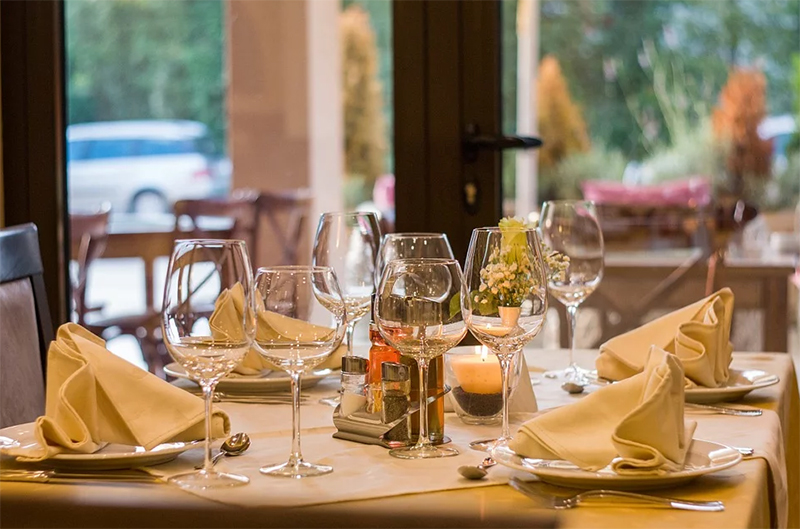5 Common Event Planning Mistakes and How to Avoid Them
If you’ve ever planned a birthday party, bachelor party, conference, business networking event, or private event, you’d understand how difficult it is to plan an event. Several things require great attention, and seemingly insignificant mistakes can ruin the whole event.

Errors are part of the event planning process as they happen repeatedly. However, the most important thing is to learn from them. If you want to increase the chances of your events being more successful, you should be aware of the most common event planning mistakes and how to avoid them. And here they are:
1. Losing Sight of the Event’s Goal
Every event should have stipulated goals and objectives. That is part of Event Planning 101. You have to define why you are organizing the event, what you intend to achieve, who your guests will be and how many will be attending, the venue, and so on.
Event planners tend to lose sight of the event’s goal to ensure nothing goes wrong. Every decision you make should bring you closer to your objectives. So always let your objectives influence your decisions.
It’s easy to know if your event has been successful or not. The number of attendees and people dancing, smiling, or socializing will give you insight into this.
2. Not Delegating
In most situations, event planning is a team effort and requires a hands-on deck. You’ll need a dedicated team to plan a successful event, especially if it’s a fairly big event. For smaller events, you may be able to do everything yourself. For bigger events, know when to delegate.
Everything isn’t going to require your attention or supervision. Delegate such tasks to your team members and later check up with them to know how they are faring. Taking on every responsibility may see you knee-deep in the trenches, increasing the chances of errors. You don’t want that now, do you?
3. Selecting a Space That’s Too Small
Your event space is crucial to the success of your event, as the selected space may make people excited or disappointed. Ideally, you should select a space that’s easily accessible, have important amenities, and creates the right atmosphere for your event, although you can also achieve this with good interior decoration.
The space should also be of the right size. Selecting space that’s too big is not only a waste of money but may make your event look less successful due to the vacant seats or extra space. A trick to make a bigger room fit a smaller crowd is to cluster tables together and create a larger and extra space for entertainment.
While extra space can always be worked with, selecting a space that’s too small is a recipe for disaster as guests may not even have a place to sit. Even if you don’t know the number of people attending, plan for the number you think will most likely attend and ensure you have some extra space in case more people show up.

4. Food Can Make or Break Your Event
We don’t think we need to highlight the importance of choosing the right food for your events. All your hours of planning can go down the drain with the wrong cuisines. If you don’t get your food options right, there’s something fundamentally wrong with the planning process.
Several factors determine the type of choices to serve. One such factor is how people will be served. Are guests to be seated or stand while conversing with others? Finger foods will be more appropriate for the latter. The time of the event (daytime or evening) and the theme will also determine the food to be served.
“The key to selecting the right food for your event is to keep the event’s goal in mind. Finger foods, burgers, and salads are appropriate for casual BBQ parties, while champagne and cheese skewers are more suited for garden-style parties.
Perhaps even more important than the food choice is the quality of food. People love good food and enjoy events where they are served. Remember to consider potential food allergies and intolerances,” says a service that provides wedding catering in Palm Springs.
5. Lack of Sleep
You are probably wondering how sleep relates to event planning and management. However, sleep is tied to productivity, and you should try to get enough rest before D-day. Adequate sleep boosts physical and mental performance, and you’ll be able to take on the event like a boss.



